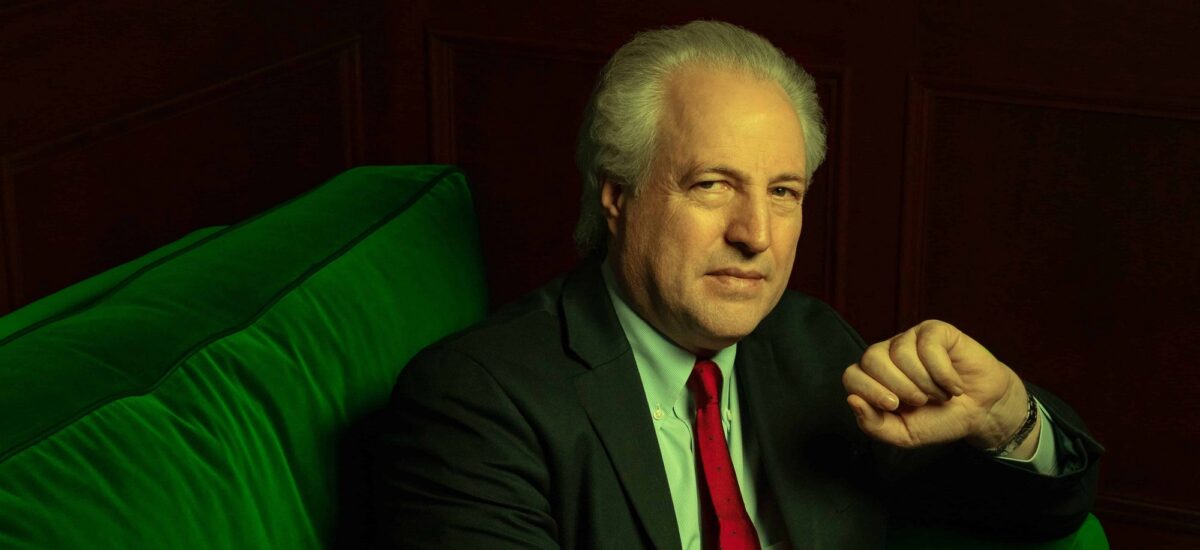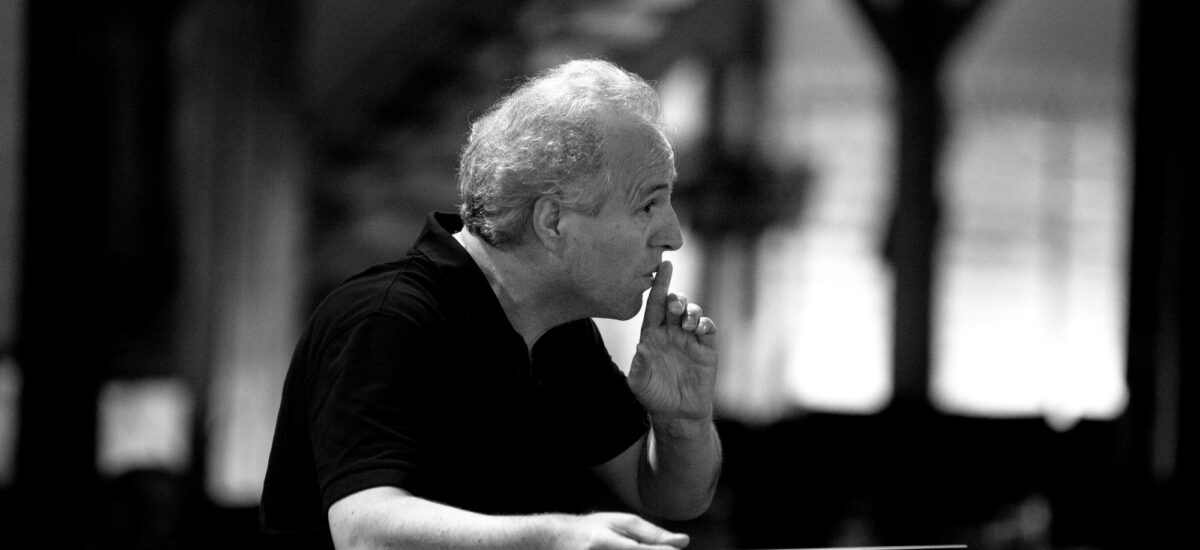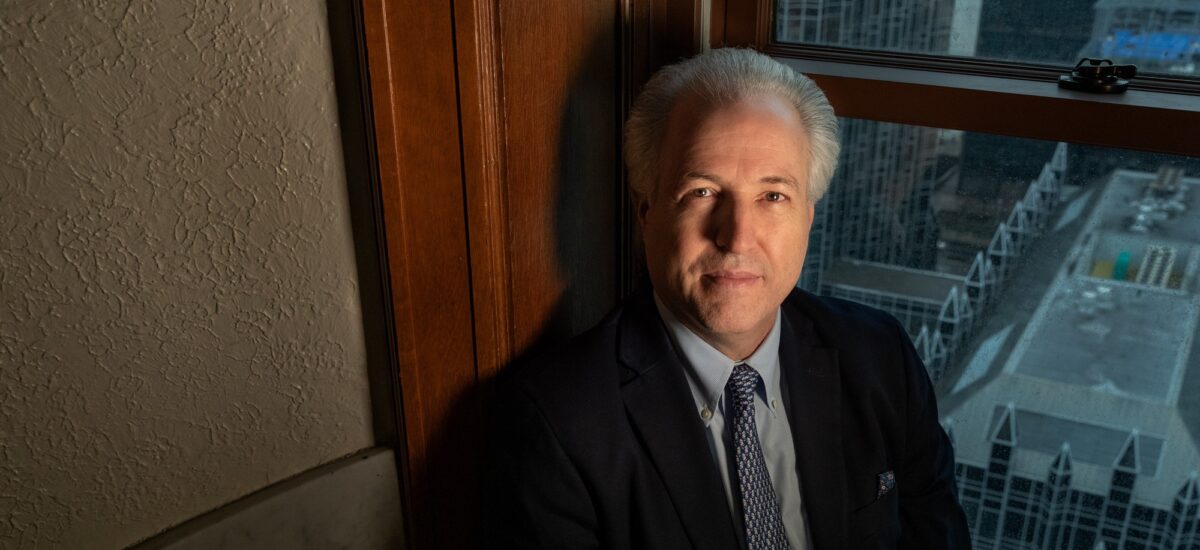TRANSCRIPT
Scofield: Manfred, you have devoted a big part of your life to playing and conducting the works of the leading opera composers at great opera houses, like the Vienna State opera, where all of the world’s best singers perform the most beautiful vocal music that has ever been written. So, I’ve got to ask you about a special project that you have undertaken in the past. You have set out to do arrangements of great opera works without the singing, just the orchestral and instrumental pieces. Now, please tell us about how you got the idea to do that?
Honeck: Well, I was playing very often as a member of the Vienna Philharmonic before I started conducting at Die Staatsoper, and I got to know all these great operas there. I was always impressed by this beautiful music. Don’t misunderstand me, a Beethoven symphony is always fantastic, and Mahler symphony, Bruckner symphony… What great music. But when I started to conduct, I was looking at what kind of music I can bring in the concert hall for our concert audience, and I thought there is a lot of music missing, which we enjoy so much in the opera. For example, when I played Rusalka by Antonín Dvořák under the baton of Václav Neumann, I was so impressed by the music. Later on, I was asking is there any suites, is there any music which I can use for the concert hall? There is none. So, I made my own suite. That is the same with Janeček’s Jenůfa, which is an opera I love very much, and the same with Elektra. And I will say this now, because you are in Hong Kong, my next project is Turandot. There is no suite for the concert hall, and I have already written this suite. It’s going to be fantastic, and everywhere I play this music, people are so impressed and ask me whether they can hear it once again, so it’s available on the market, especially with Elektra.
There was one practical problem. There are no singers and no lyrics. But I found out that the music is so strong that you can actually understand the content of the music without the words as well. In the case of Elektra by Richard Strauss, for example, the lines of the voices were also put in the orchestra instruments. Therefore, it was already here in the composer. I had not done so much changes. Of course, you bring this 110 people orchestra down to 90 people, it still sounds fantastic and very rich. For me, Elektra is one of these operas where Richard Strauss goes to the border of tonality, so much drama he brought in, it’s the most orchestral opera actually as I know. But I thought that this piece, or a suite out of this opera, is something people in the concert hall would probably enjoy enormously.
Scofield: Well, I’ve heard your arrangement of the famous aria from Rusalka, “The song to the Moon”, I think it’s absolutely beautiful in some ways. It’s even silkier and lovelier than the original, the way you have arranged it for a violin without the words. Some members of the audience might think something is missing. How do you respond?
Honeck: Well, of course when you know the opera, then you will miss the voice. A suite can never replace an opera, we have to be clear. When I select some music out of that, it is always a compromise. But what I wanted to say, for example, in the case of Rusalka, the emotional effect is so great that you understand what’s it about. I would say it’s always good to hear the words, but if you don’t hear the words, you will understand that what the words could be, and if it’s played like how our former concertmaster Noah Bendix-Balgley did, who is now the first concertmaster in the Berlin Philharmonic Orchestra, it’s a joy to hear. Also, I always wanted to tell a story, the story of the opera. When you hear the whole Rusalka suite, which is around 20 minutes, you will hear the spirits, the witches, you will hear dances, you will hear water ghost, all the characters. So it’s a little bit kind of, I would say, a mini opera without words.
Read more about Manfred Honeck on their OFFICIAL WEBSITE.




